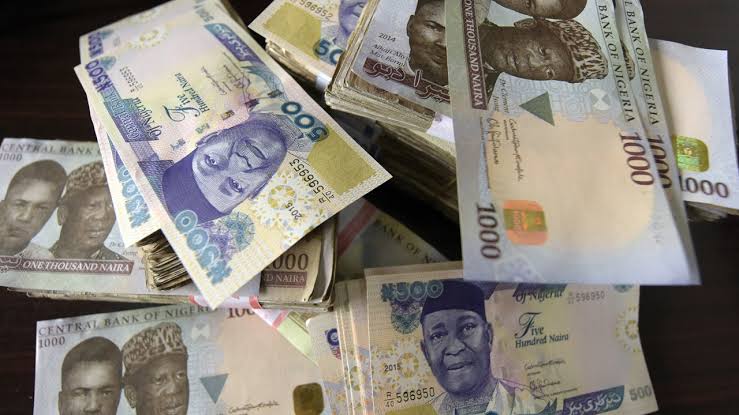By Peace Anthony Mai
As the yuletide season approaches, the air is heavy with anticipation, cheer, and a pinch of anxiety. Christmas, a time traditionally marked by celebrations, travel, and reunions with loved ones, is fast becoming a financial ordeal for many Nigerians.
At the heart of this season’s struggles are two intertwined challenges: the scarcity of cash and skyrocketing transportation costs.
These economic hurdles threaten to dim the festive lights and overshadow the joy that Christmas brings.In bustling cities and rural communities alike, the signs of a cash crunch are glaring.
Automated Teller Machines (ATMs) are frequently out of service, and long queues snake around the few functional ones. Bank halls are overcrowded with frustrated customers, while Point of Sale (POS) operators seize the opportunity to inflate charges, sometimes taking up to 20% of withdrawals.
For many, the question isn’t just how to celebrate Christmas, but how to afford even the basics during this period of heightened demand.
Parents hoping to travel with their children to spend the holidays with family in the village find themselves at a crossroads, as transportation costs have surged alarmingly.“It’s heartbreaking,” said Musa Ibrahim, a civil servant in Lagos. “I saved all year to travel to my hometown in Kano, but with these transportation fares, I’m reconsidering. The money I budgeted for the trip now barely covers the fare.”A journey that once cost ₦8,000 now demands at least ₦15,000 one way, thanks to fuel price hikes and increased demand. Commercial drivers, citing higher operating costs, have passed the burden onto passengers.The scarcity of cash complicates matters further.
As digital payment platforms groan under increased usage, failed transactions and delayed transfers are becoming the norm. For those traveling long distances, this has severe implications. “I spent hours trying to transfer money for my bus ticket, and by the time it went through, the seat was gone,” lamented Grace Eze, a teacher in Enugu.
The ripple effect is felt in marketplaces too, where cash is king. Traders report reduced sales because customers lack physical currency. “I’ve had to let some items go on credit,” said Mary Okeke, a trader in Onitsha.
“People want to buy Christmas goods, but they don’t have cash, and I can’t rely on transfers anymore.”The hardship is palpable, yet the resilience of Nigerians shines through. Communities are finding creative ways to cope. Ride-sharing, carpooling, and splitting costs are gaining traction as people seek affordable ways to travel.
Meanwhile, some families are choosing to celebrate modestly at home, saving the travel expenses for another time.However, this coping mechanism does little to alleviate the deeper issue: an economy struggling to balance policy and practicality.
Many Nigerians point fingers at the Central Bank of Nigeria (CBN) for its cash withdrawal limits and other monetary policies they believe exacerbate the scarcity. Others attribute the woes to a lack of foresight in addressing fuel supply issues and regulating transport fares during festive periods.
The government must take swift and decisive action to ease the burden on citizens. Beyond increasing cash supply, there is a need for more robust measures to stabilize fuel prices and regulate transportation costs. Without these interventions, the holiday season will remain a painful reminder of economic disparity rather than a time of joy and togetherness.
As Christmas draws nearer, the spirit of the season persists, albeit under strain.
The resilience, creativity, and unwavering hope of Nigerians might just keep the Christmas lights shining, even in the face of economic storms. After all, the essence of Christmas transcends material limitations — it’s about love, unity, and the celebration of life.
But for many, a lingering question remains: will next Christmas be any better? Or will the same cycle of hardship and resilience repeat? As we reflect on the true meaning of the season, it’s time for policymakers to prioritize the people, ensuring that future holidays are truly merry.
Peace Anthony Mai is a 300 level Student from Mass Communication Department Borno State University Maiduguri.












